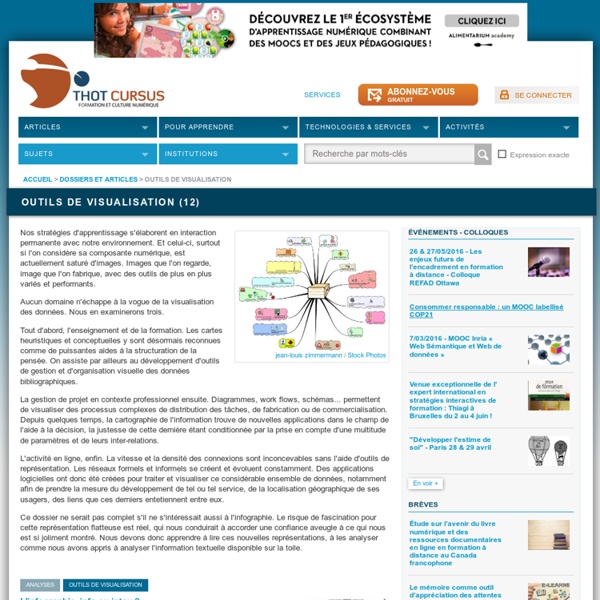



http://cursus.edu/dossiers-articles/dossiers/69/outils-visualisation/#.VwpeZtEvD0M
Related: outils/pratiqueMarkus Brauer Phone: (608) 890-3313 Office: 417 Psychology Brauer Group Lab Markus Brauer Professor Ph.D. 1994, University of Colorado at Boulder Research in my laboratory focuses on group and inter-group processes. On-going studies comprise three specific programs of research. One such program concerns SOCIAL POWER, and the cognitive and behavioral consequences of belonging to high and low power groups. Some applications relating with XMind Posted on December 8th, 2011 in Opensource | 1 Comment » Every week, XMind receives many emails about the development. There are already some products in the market. Here introduces three of them. XMindlook. Creating Encrypted FTP Backups With duplicity And ftplicity On D Version 1.0 Author: Falko Timme <ft [at] falkotimme [dot] com> Follow me on Twitter Last edited 03/30/2010 When you rent a dedicated server nowadays, almost all providers give you FTP backup space for your server on one of the provider's backup systems. This tutorial shows how you can use duplicity and ftplicity to create encrypted (so that nobody with access to the backup server can read sensitive data in your backups) backups on the provider's remote backup server over FTP. ftplicity is a duplicity wrapper script (provided by the German computer magazine c't) that allows us to use duplicity without interaction (i.e., you do not have to type in any passwords). I do not issue any guarantee that this will work for you! 1 Preliminary Note
Best Of Just Map It ! - techtoc.tv, web-tv communautaire rich media – video – interviews You are a lecturer, journalist, blogger, speaker and you need the source video file? You can buy: Fee: 1800€ Video file command Fee: 1980€ Research World: Volume 10, Article A10.4 (2013) Article A10.4 Introduction to the Research Tools Mind Map Nader Ale EbrahimResearch Support Unit, Centre of Research ServicesInstitute of Research Management and Monitoring (IPPP)University of Malaya, Malaysiaaleebrahim[at]siswa.um.edu.my Published Online: June 14, 2013 With the increasing use of information and communications technology (ICT), researchers are able to use computer software tools to find, organise, manipulate, analyse, and share relevant information.
Authentic Assessment and Rubrics Here you will find a hand selected index of authentic assessment resources. Includes information about performance assessment, rubrics, negotiable contracting, electronic portfolios, and web-based tools for creating your own assessments. Examples of RubricsIncludes rubrics for cooperative learning, research reports, eportfolios, PowerPoint/oral presentations, multimedia, video, and web projects How to Extract Media from PowerPoint Files (works for both Windows and Mac) — Guide 2 Office Lately I’ve been receiving a number of files in pptx format, but I present using my iPad and so convert these presentations to Keynote. If the slides contain images and text only, this conversion is relatively painless – usually there are just a few formatting and alignment issues that need to be addressed and then I’m good to go. All I need do is open the pptx file in keynote, either on my Mac or iPad, and Keynote handles the conversion quite well. If, however, the presentation contains media, then this process will not transfer across the video presentations, and I end up with an image snapshot of the video in the slide as a placeholder where the video used to be (or an image of a play symbol, if the media is an audio file). In order to access media files embedded within pptx files, follow these steps (and they work on both Windows machines and Macs):
Educators Evaluate 'Flipped Classrooms' UserID: iCustID: IsLogged: false IsSiteLicense: false UserType: anonymous DisplayName: EducTice : Education, technologies de l'information et de la communication by admin — last modified 2017-11-22 10:08 The very fast evolution of working and learning environments deeply questions school and society. The development of shared digital fluency is presented as a political, social and educational objective. This results in keen institutional demands for a development of the use of ICT (Information and Communication Technologies) by the pupils, the teachers and by all the actors of education. The need for understanding the complexity of ICT integration for educational purposes gave rise, at the national and international levels, to a very significant development of research interested in the design of computer-based environments and in the inquiry into the usage and the learning.